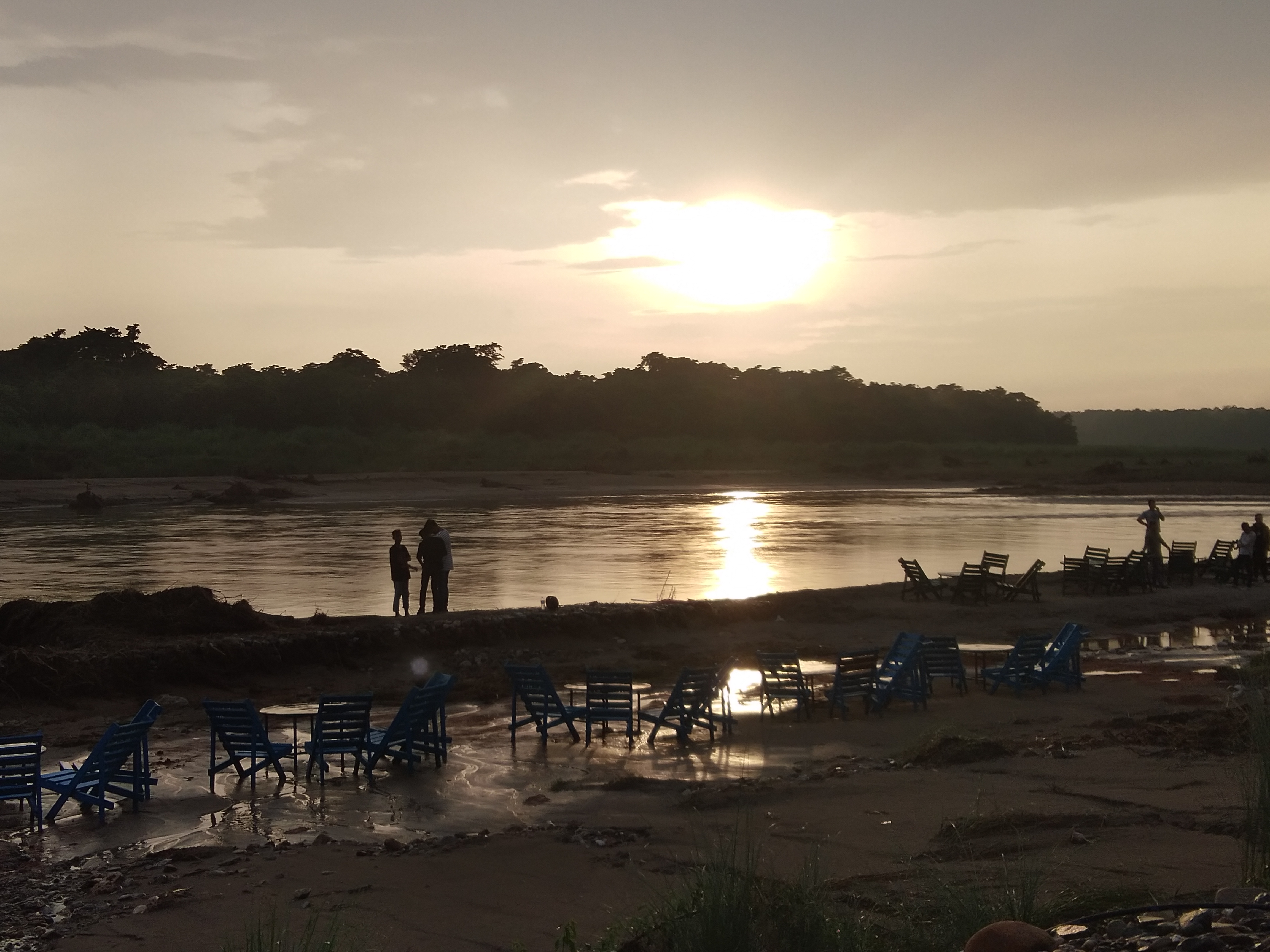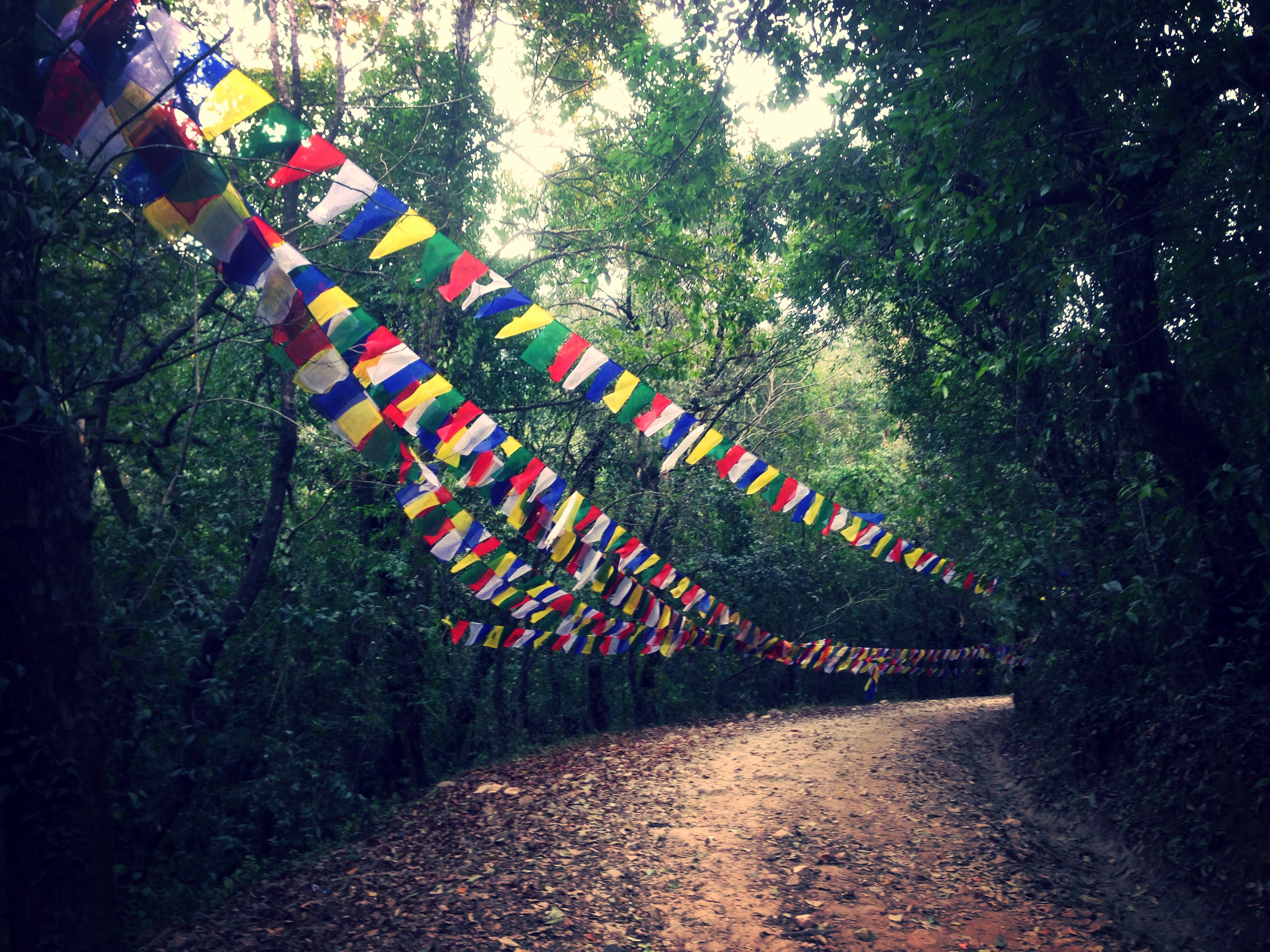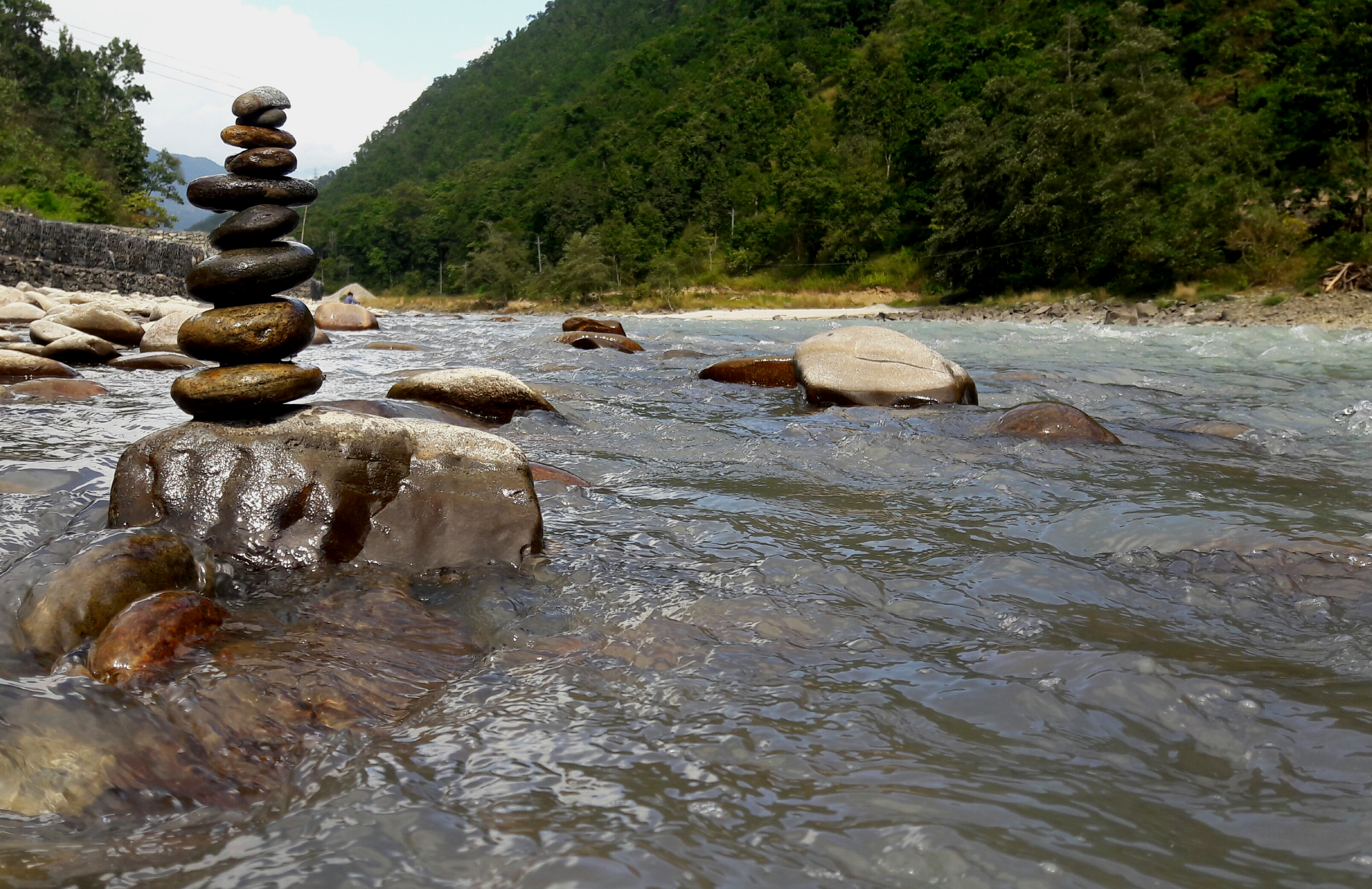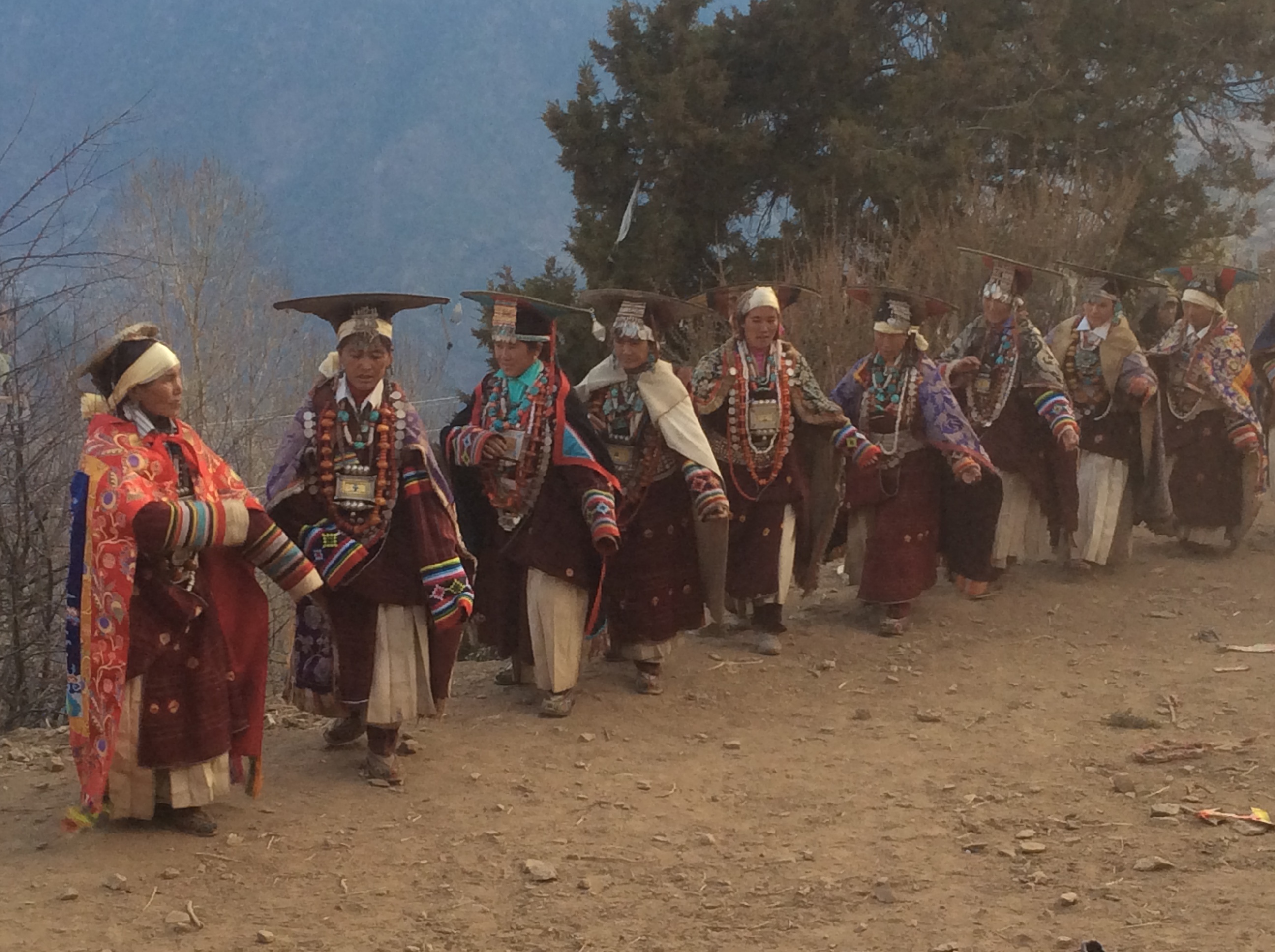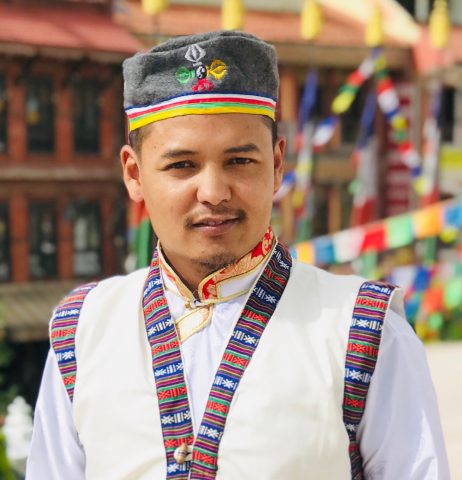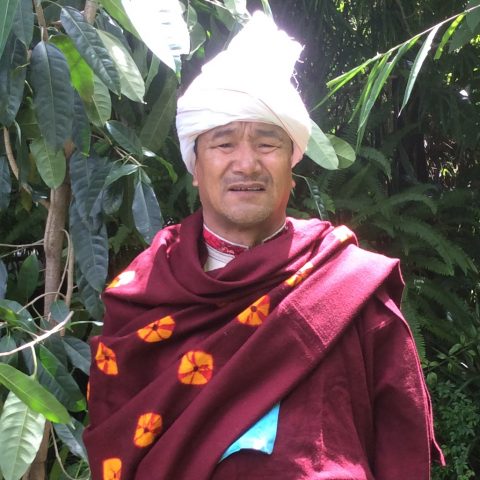Institute for Socio Cultural Research and Analysis
Institute for Socio Cultural Research and Analysis (SCRAnalysis) is an independent, and non-partisan organization dedicated to advancing the integration of cultural paradigm in the mainstream development initiatives. It is a not for profit organization registered under the company act 2006.
SCRAnalysis is a Socio-Cultural think-tank organization that carries research at the highest professional level on diverse socio-cultural issues at both national and international scale. The institute organizes an in-depth study and analysis of culture, belief system, language, practices, and knowledge of indigenous nationalities, ethnic communities, caste, and various other social groups. Organization focuses on recording the marginalized and endangered intangible heritage and oral histories. Furthermore, it pays equal attention to public policies, international instruments, and practices relating to the socio-cultural aspects.
The institute provides an opportunity for dialogue and communication between culture and science, intra-faith and inter-faith groups and multidisciplinary exchange to promote cultural renaissance. Also, think-tank acts as a hub to train young minds with theoretical, technical, and practical knowledge to make a competent researcher.
The research findings and the analysis of the research are published in various forms; books, articles, documentary, newsletter, and others, to inform, advise and empower people, different social institute, and government bodies.
GOAL- to promote socio-cultural tolerance and preserve the socio-cultural identity of indigenous nationalities, different ethnic communities, caste, and other various groups without compromising the dignity and respect to each other
- to create socio-cultural friendly development endeavors with respect and dignity
- to protect and preserve socio-cultural practices, beliefs, intangible heritage, oral histories and languages of a diverse group of multicultural Nepali society
- to reform the traditional aspects based on the changing time and reintegrate such reformed practices into the mainstream development initiatives
